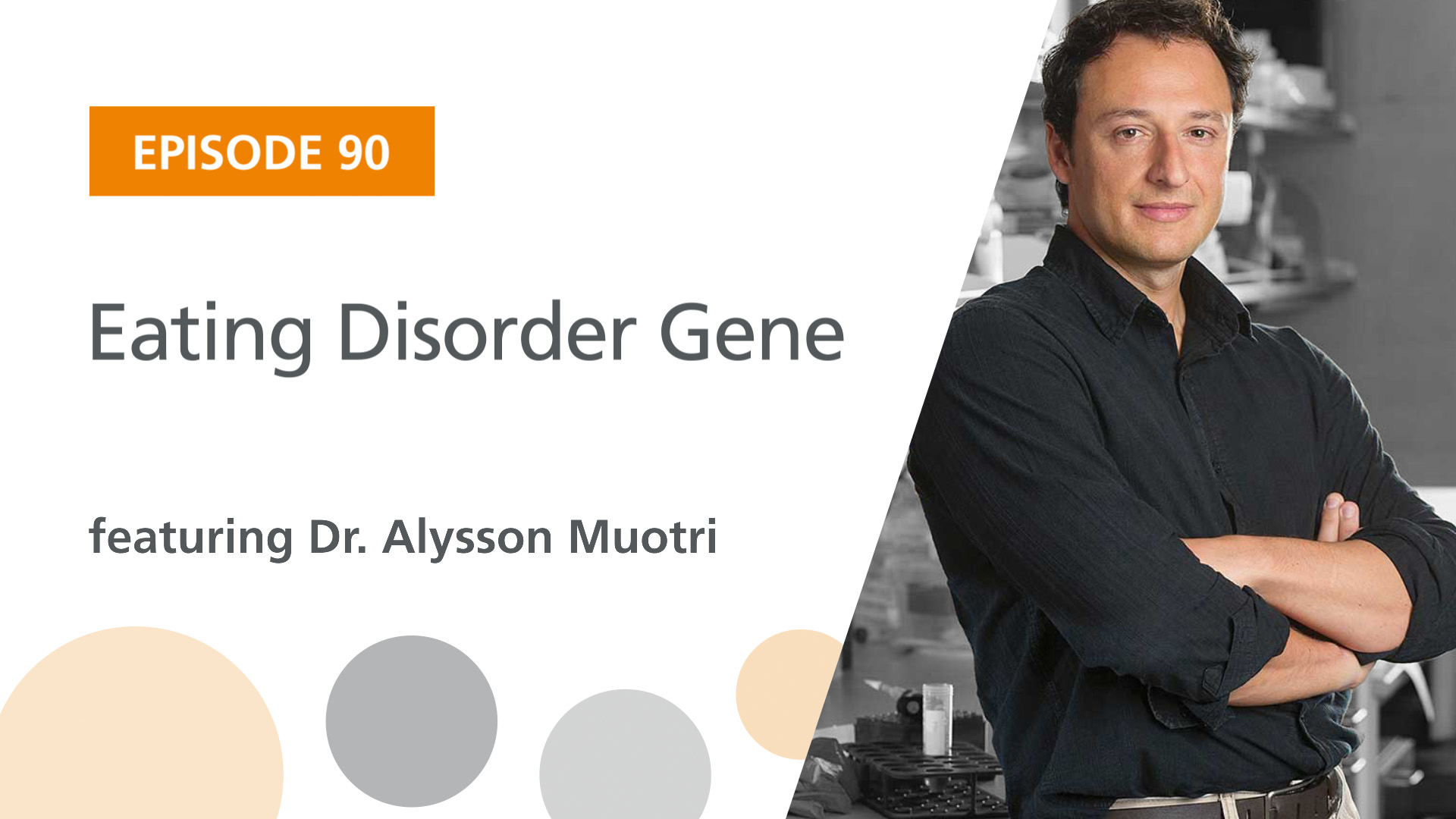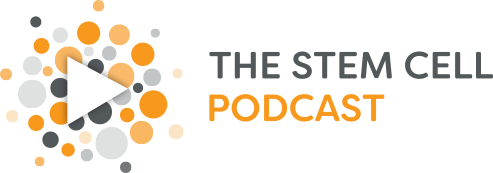
Podcast: Play in new window
Guest:
Dr. Alysson Muotri is a Professor at the School of Medicine, University of California in San Diego. His research focuses on modeling neurological diseases, such as Autism Spectrum Disorders, using human induced pluripotent stem cells. His lab has developed several techniques to culture human neurons and glia for basic research and drug-screening platforms. Most recently he and his group published a paper reporting the first cellular model of anorexia nervosa, reprogramming induced pluripotent stem cells derived from adolescent females with the eating disorder.
Featured Resource: CloneR™ Defined Supplement for Single-Cell Cloning of Human ES and iPS Cells
Resources and Links
How a Budget Squeeze Can Lead to Sloppy Science and Even Cheating – A funding crunch for scientific research is creating incentives for scientists to cut corners and even occasionally to cheat.
New Tech Harvests Drinking Water from (Relatively) Dry Air Using Only Sunlight – A new device the size of a coffee mug can generate drinkable water from desert air using nothing but sunlight.
New CRISPR Tool Can Detect Tiny Amounts of Viruses – The new exquisitely sensitive and specific CRISPR tool promises to help detect diseases that other diagnostics miss, and it’s simple and cheap to use.
Allen Cell Explorer – Graham Johnson and the Allen Institute for Cell Science’s team of nearly 50 cell biologists, microscopy specialists, and computer programmers revealed what they’ve been working on the past two years: the Allen Cell Explorer, which is the largest public collection of human cells ever visualized in 3D, that serves as fuel for the project’s engine: the first-ever deep learning model to predict how cells are organized.
The EPS Cell, a New Stem Cell – Salk Institute and Chinese researchers said they have created a new kind of stem cell called an extended pluripotent stem cell or EPS cell, one that is more versatile than any other grown in the lab and can grow into any tissue in the body.
Patient-Specific iPSC-Derived Endothelial Cells Uncover Pathways that Protect against Pulmonary Hypertension in BMPR2 Mutation Carriers – Researchers used comparison of induced pluripotent stem cell-derived endothelial cells from three families with unaffected mutation carriers, familial pulmonary arterial hypertension patients, and gender-matched controls to investigate this variation.
Analysis of Transcriptional Variability in a Large Human iPSC Library Reveals Genetic and Non-genetic Determinants of Heterogeneity – This article reveals that ∼50% of genome-wide expression variability is explained by variation across individuals and identified a set of expression quantitative trait loci that contribute to this variation.
Reprogramming the Brain’s Own Cells for Parkinson’s Treatment – A study from the Karolinska Institute in Stockholm shows it is possible to coax the brain’s own astrocytes—cells that typically support and nurture neurons—into producing a new generation of dopamine neurons.
Photo Reference: Courtesy of Dr. Alysson Muotri

